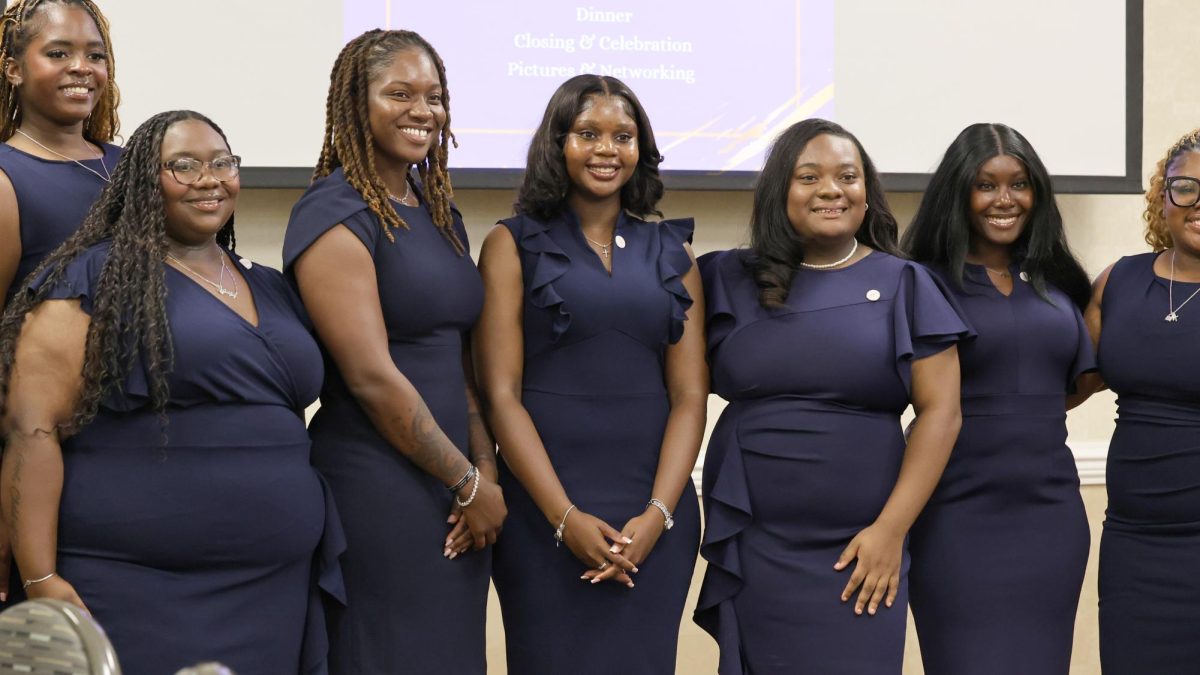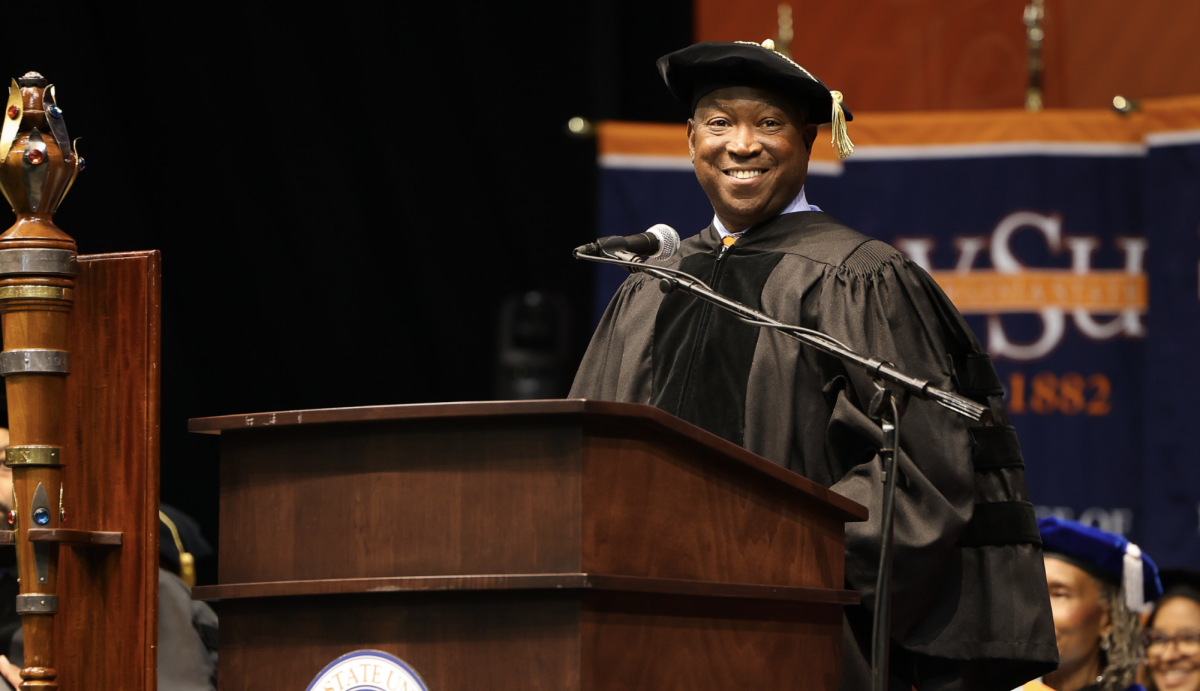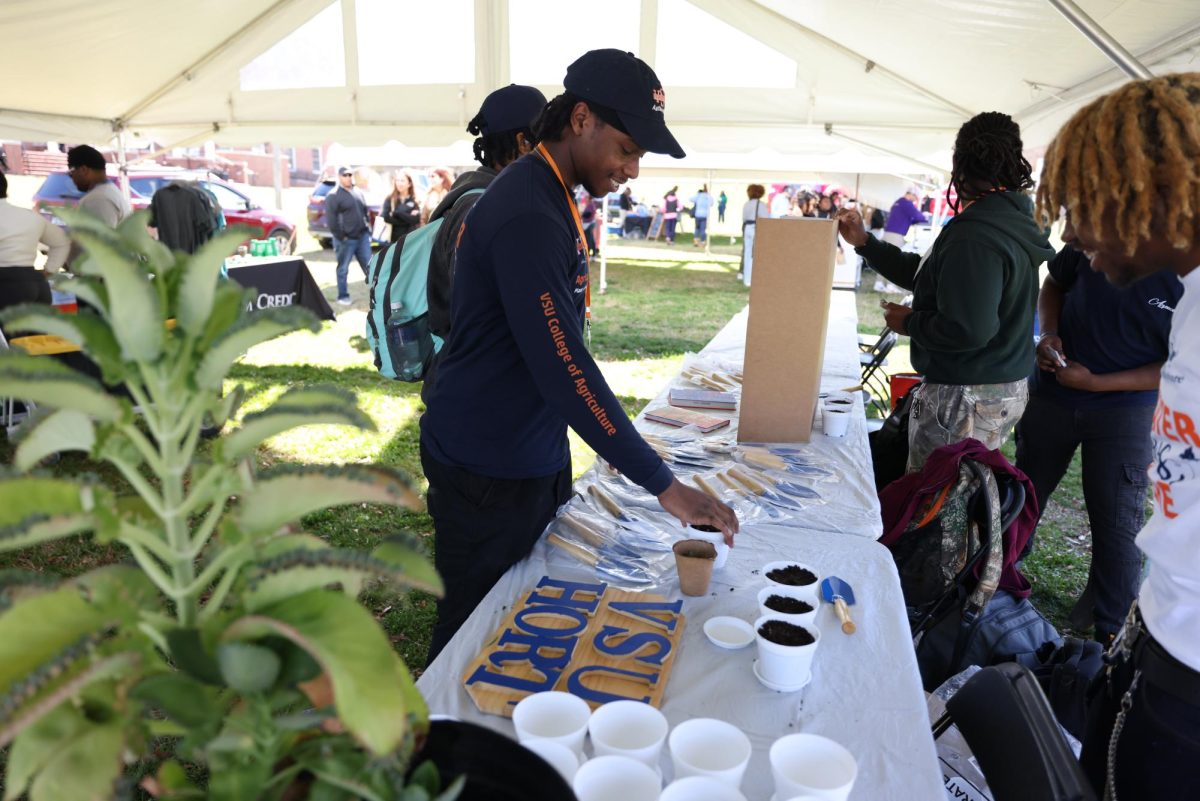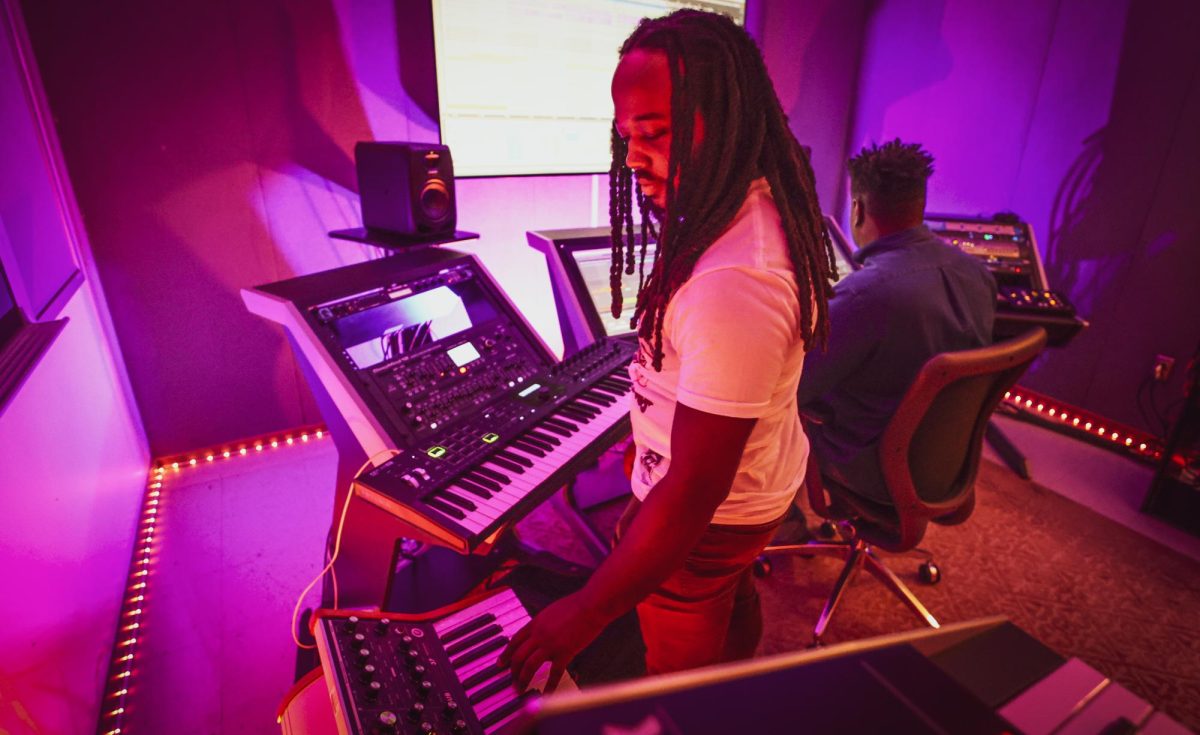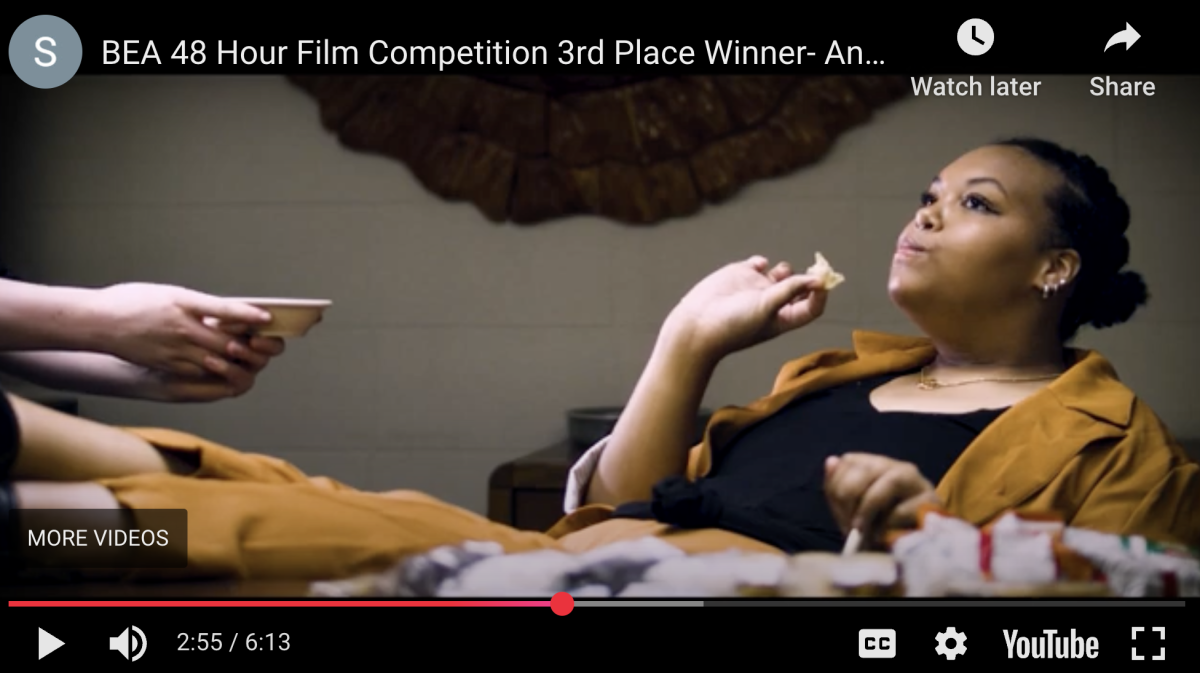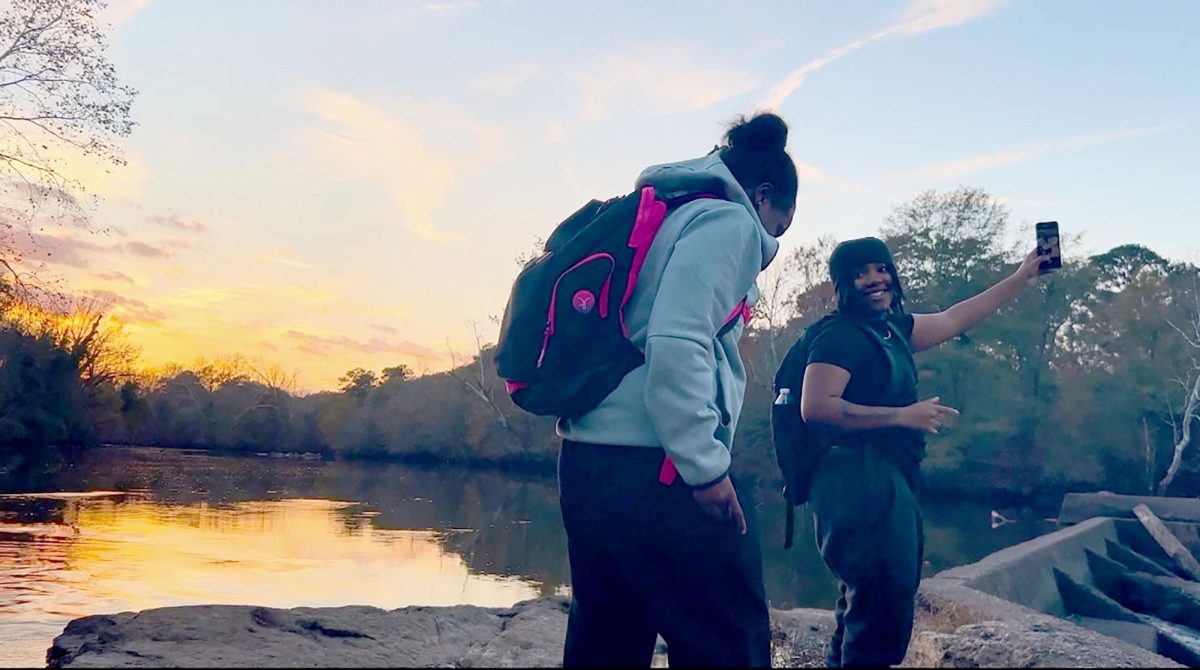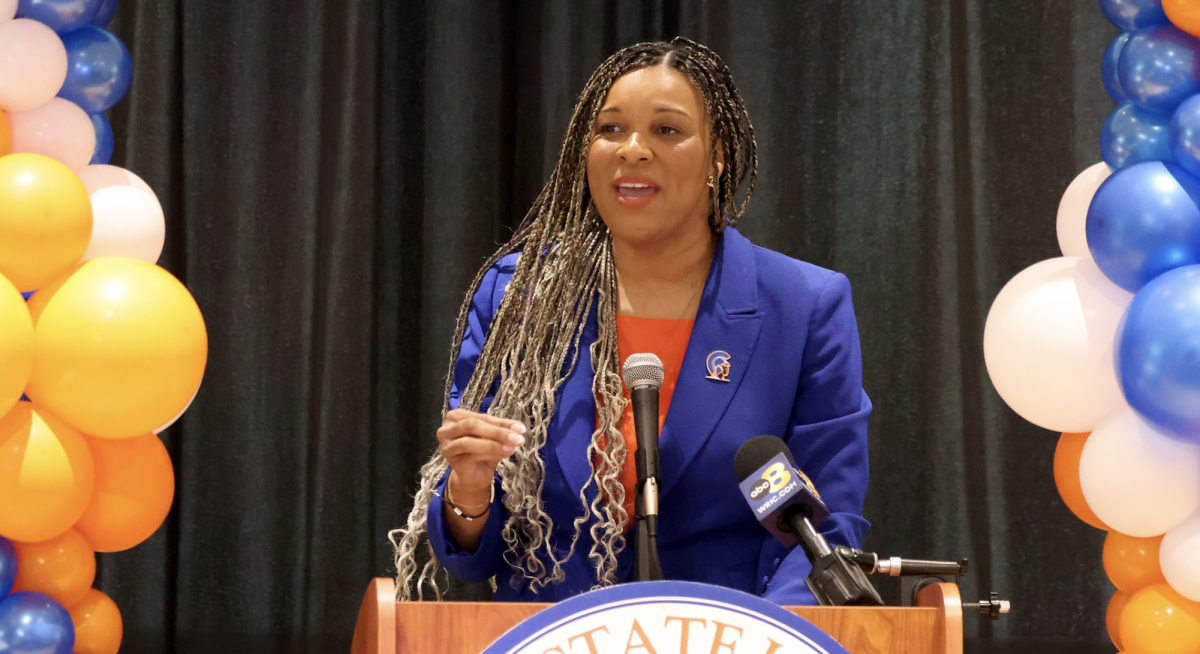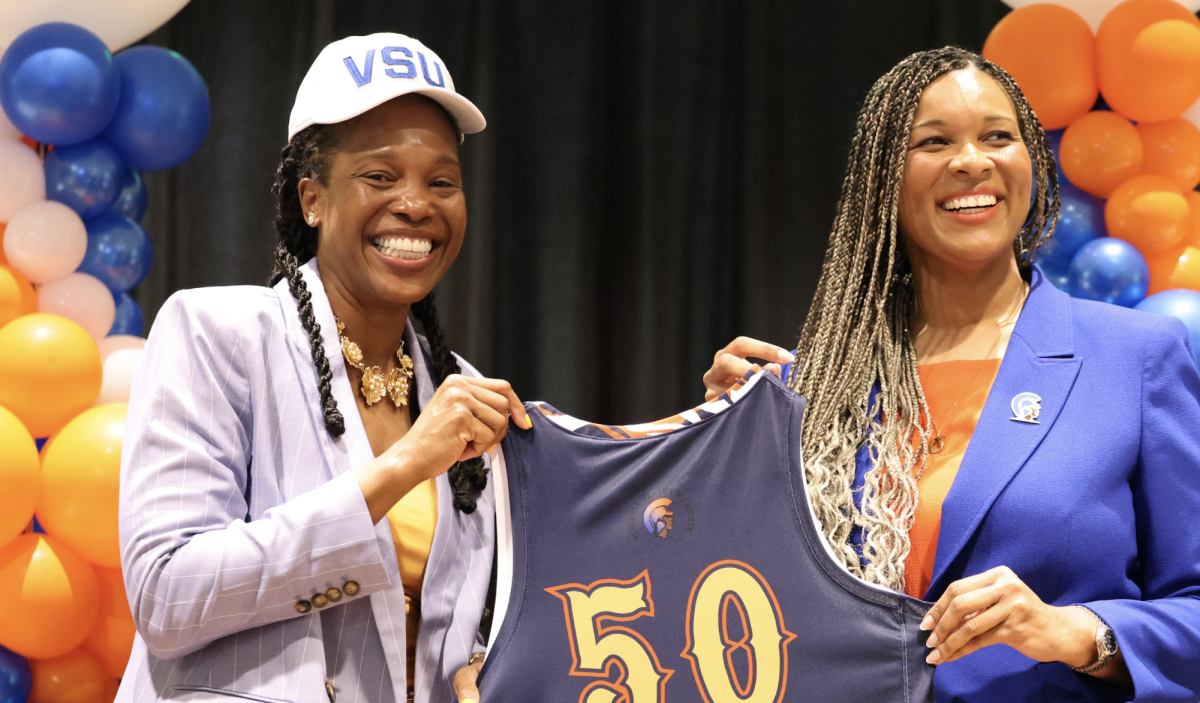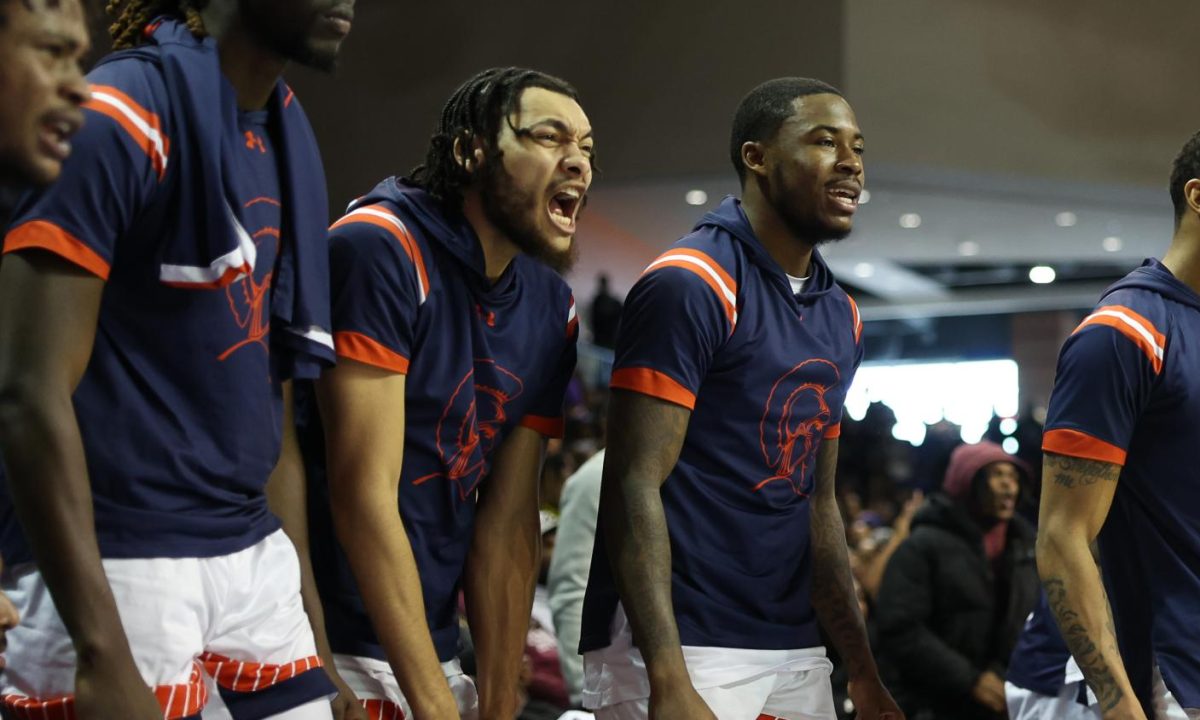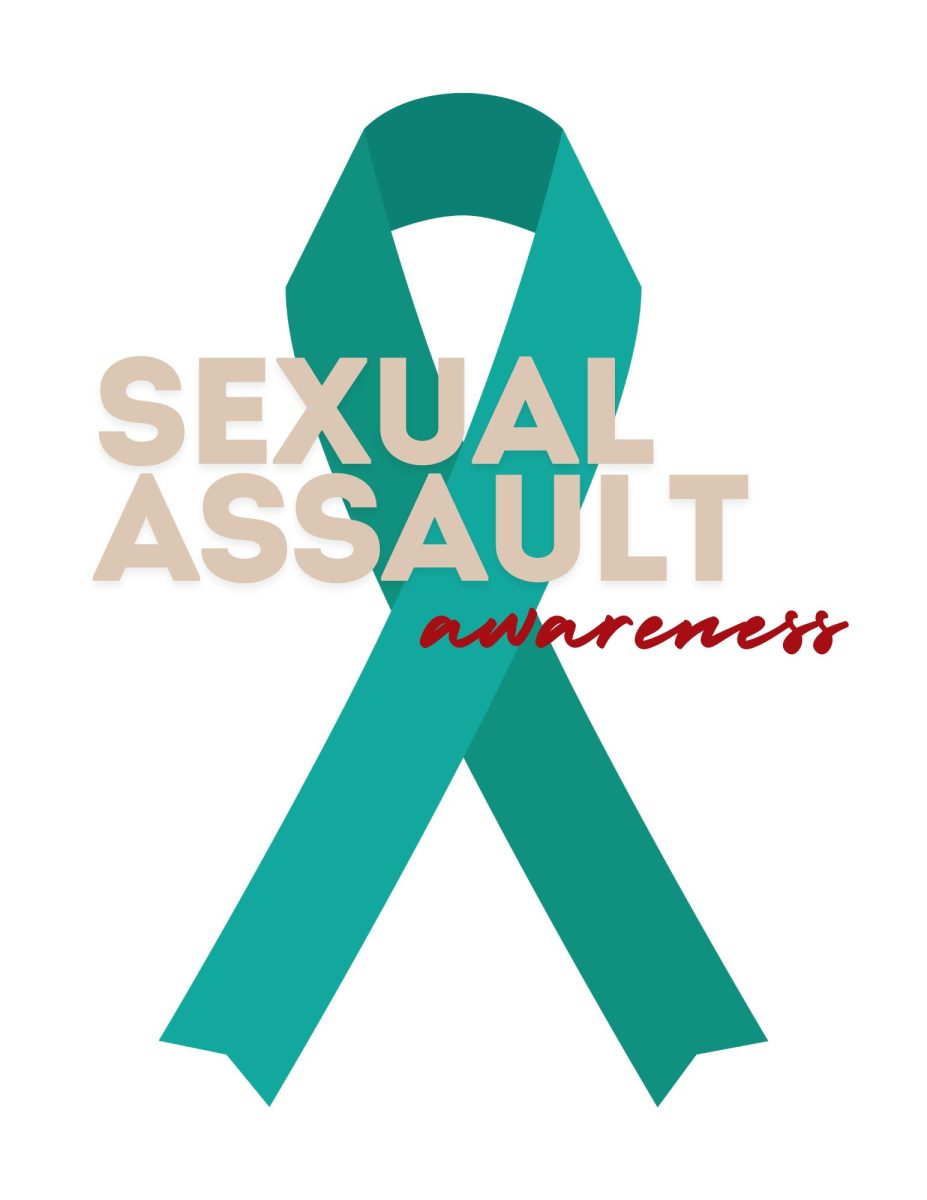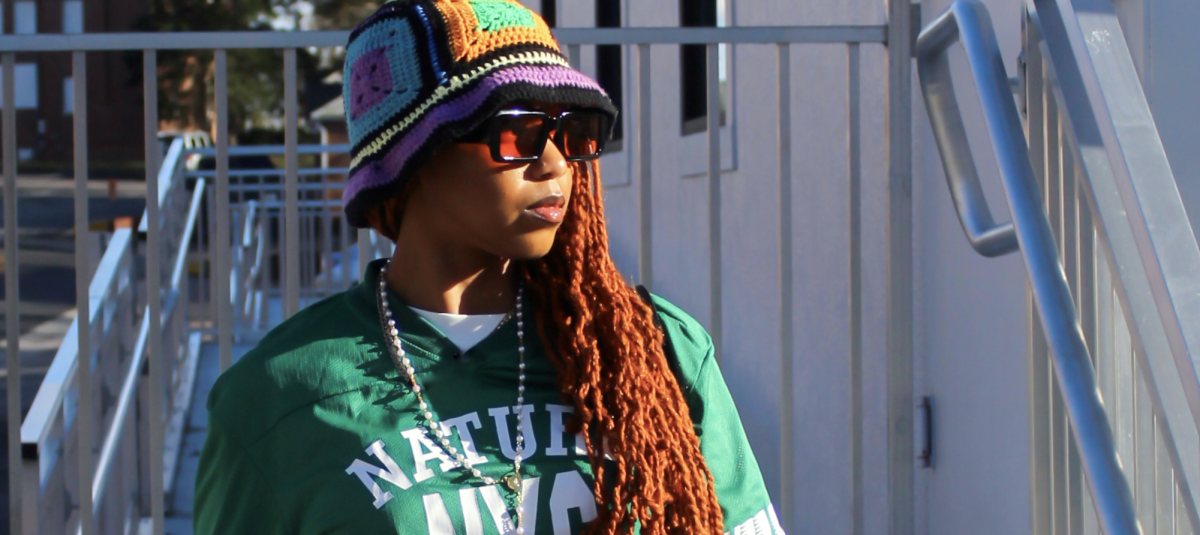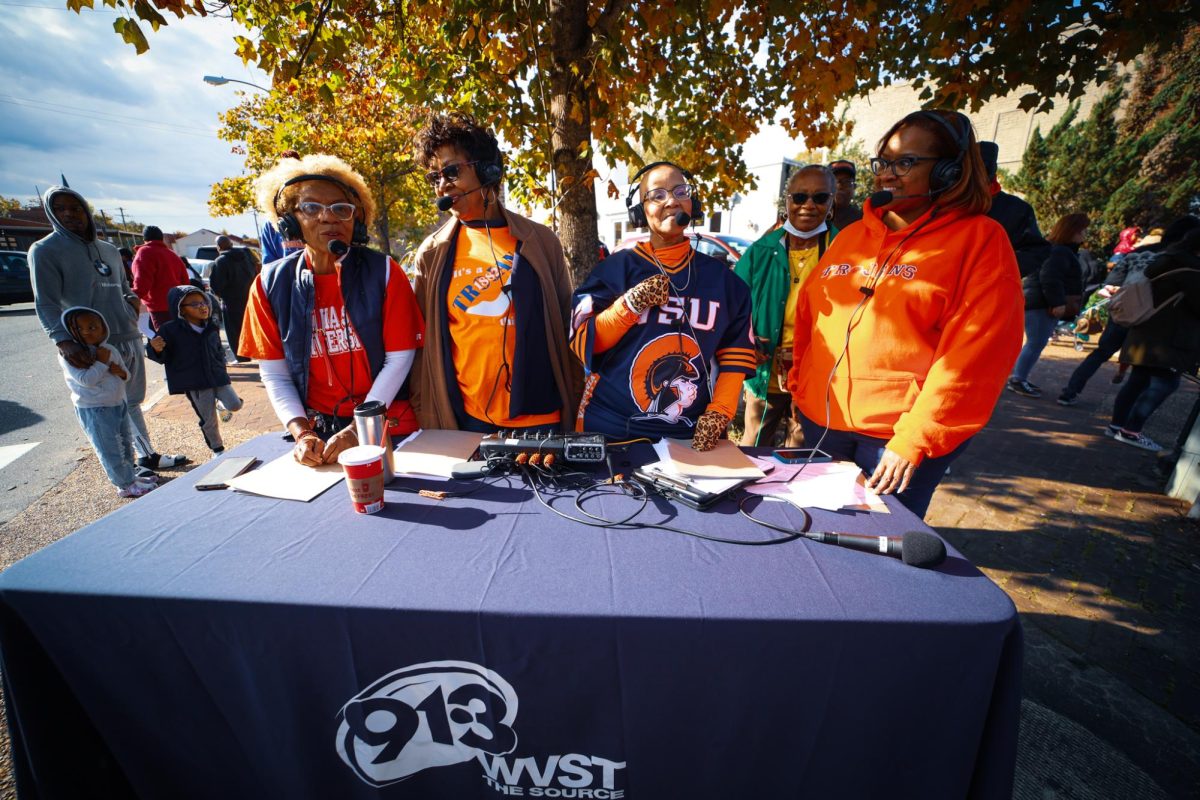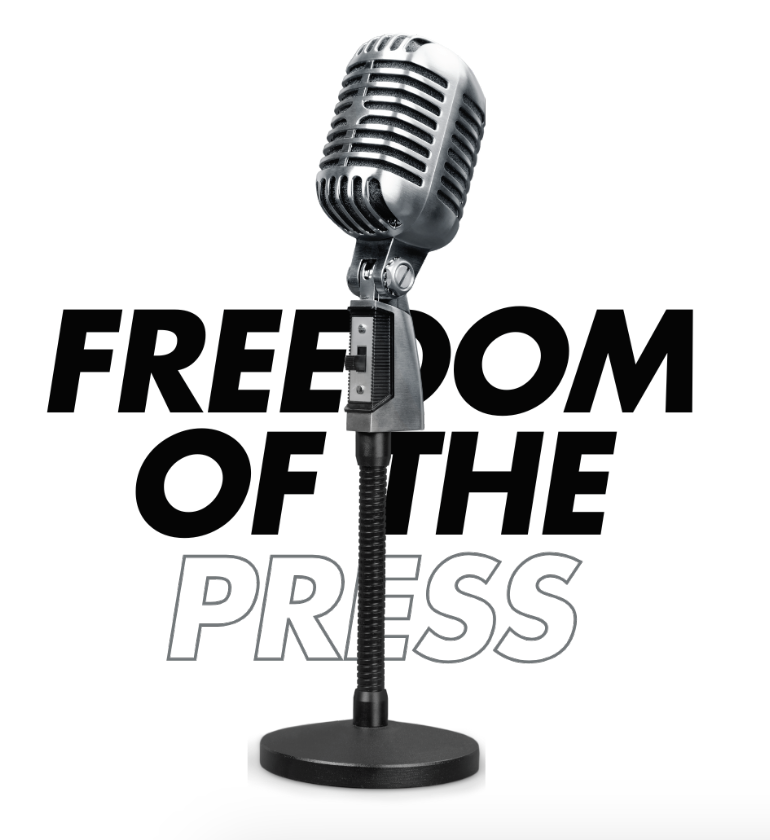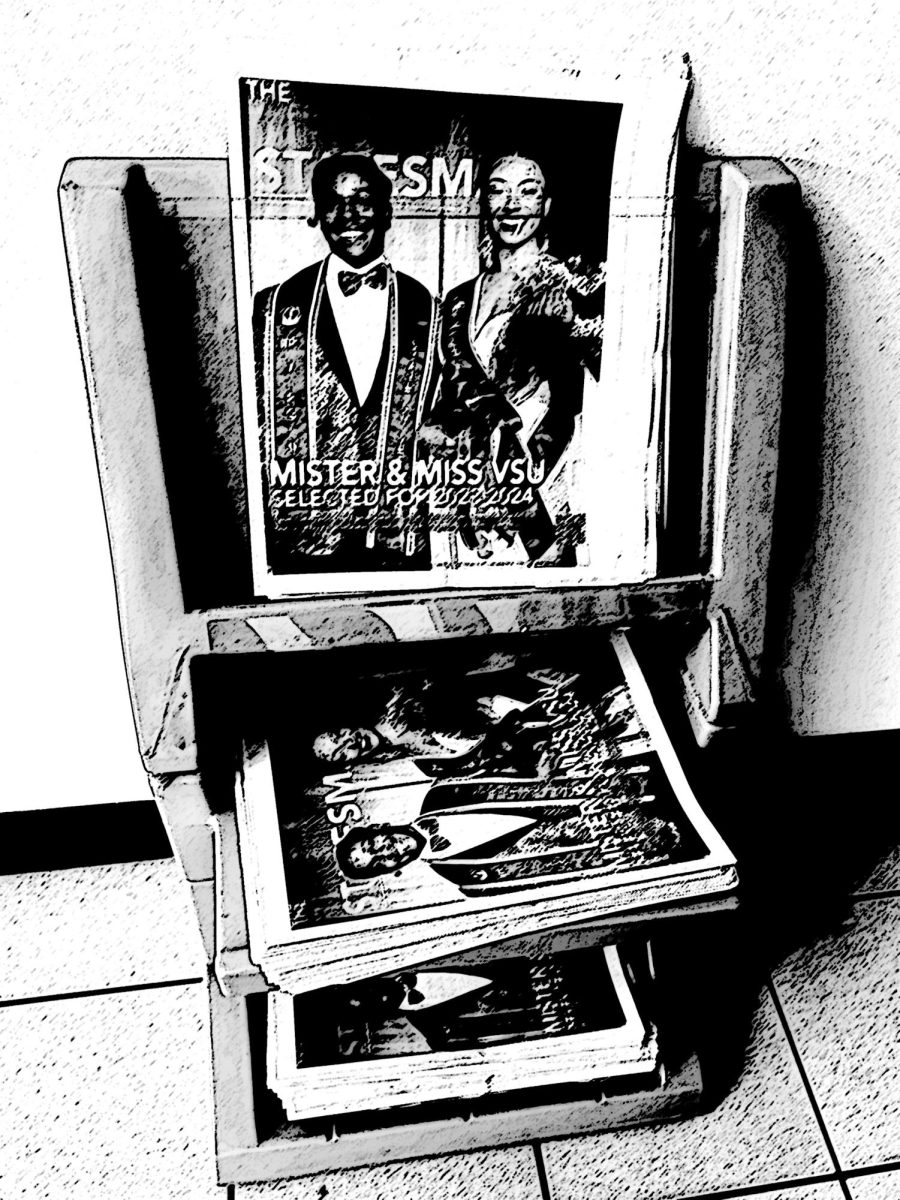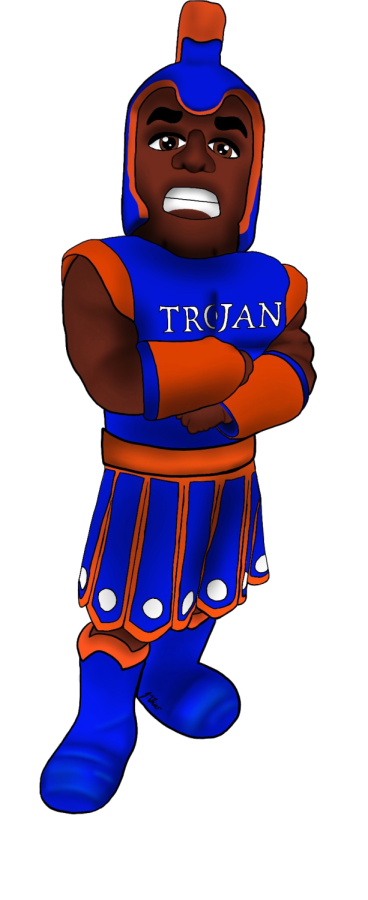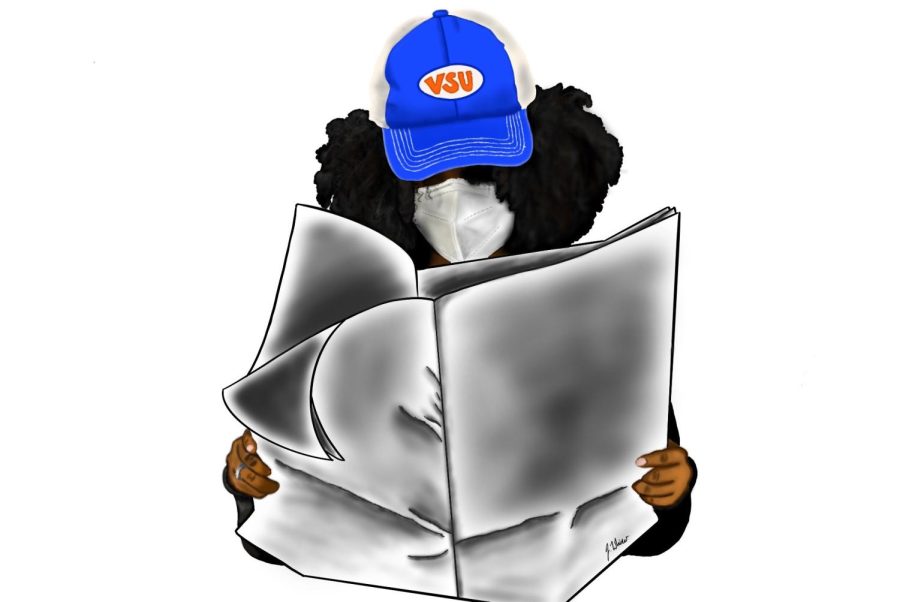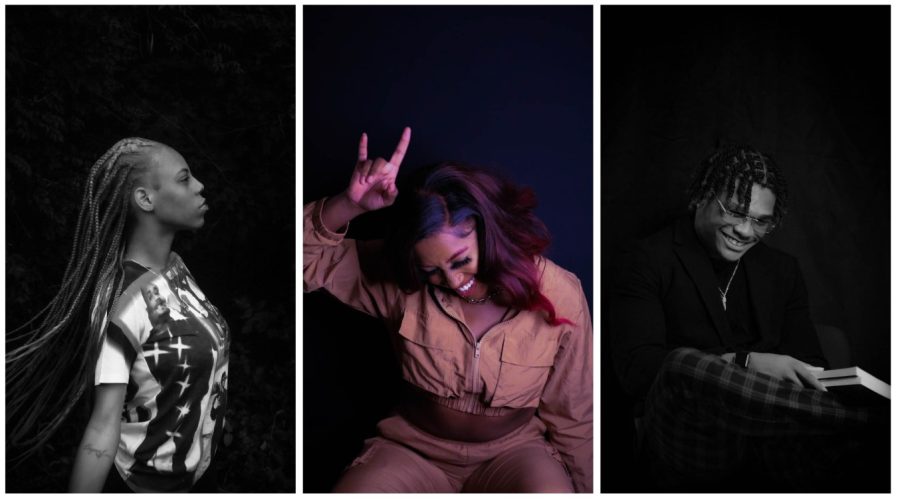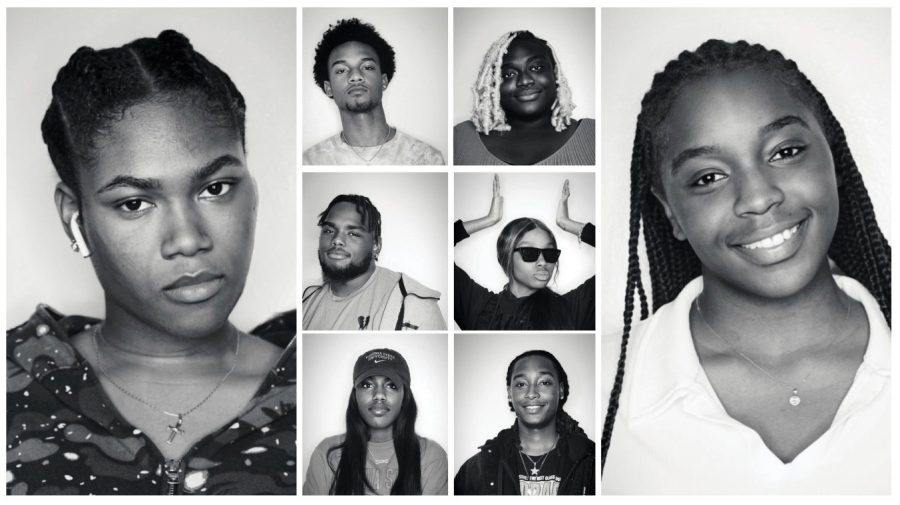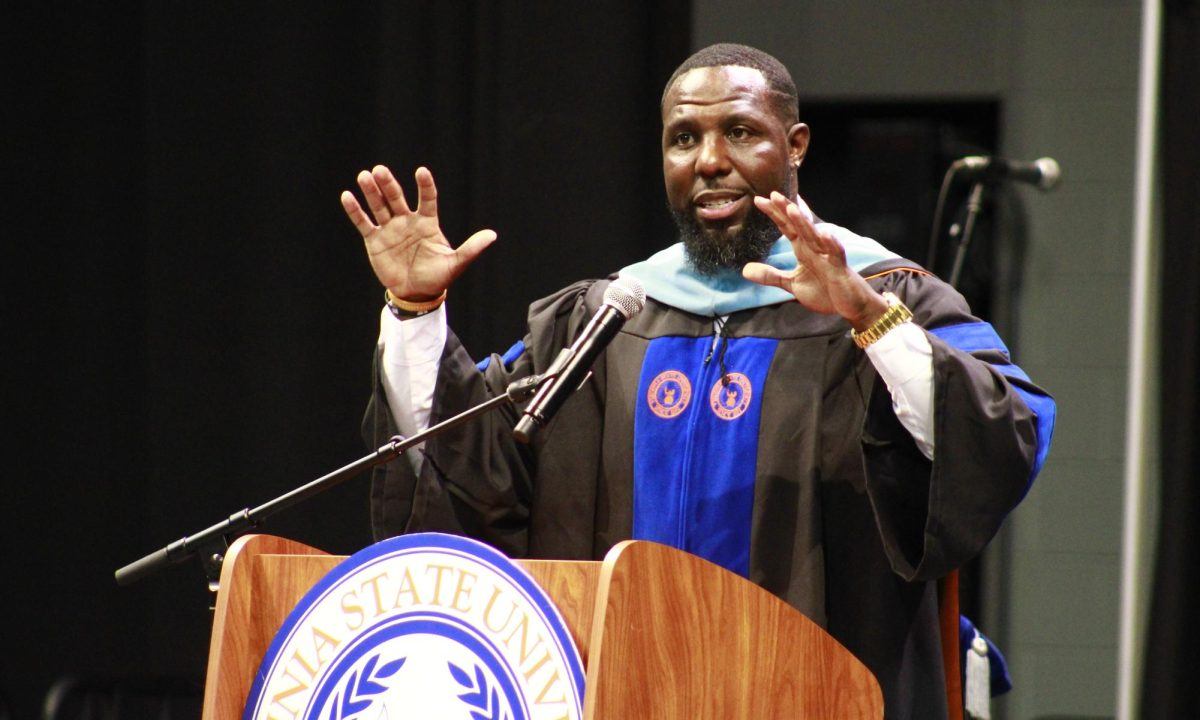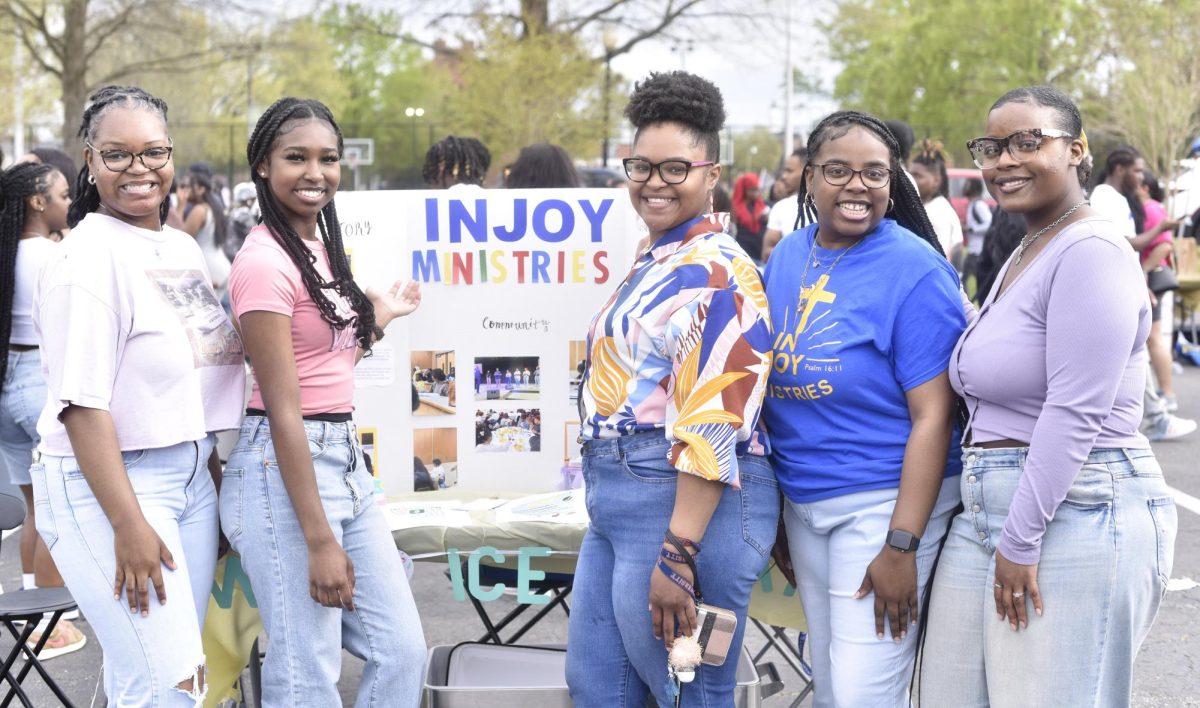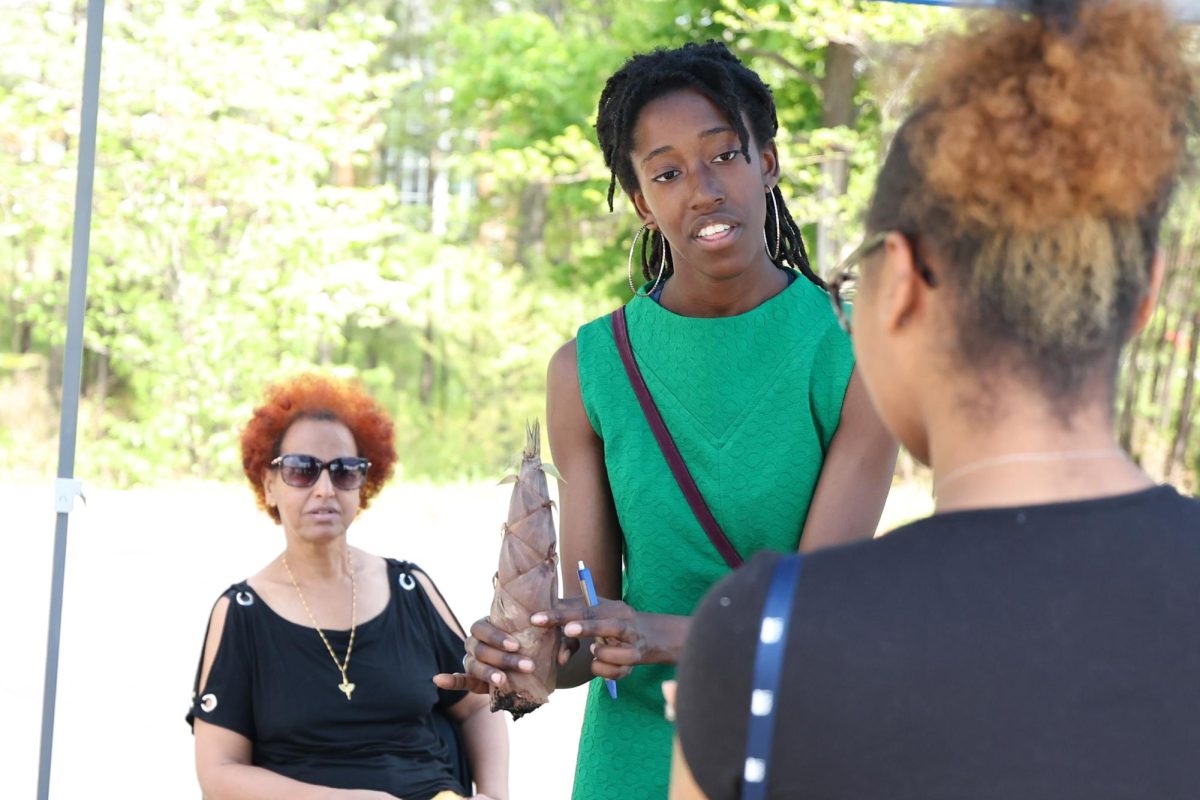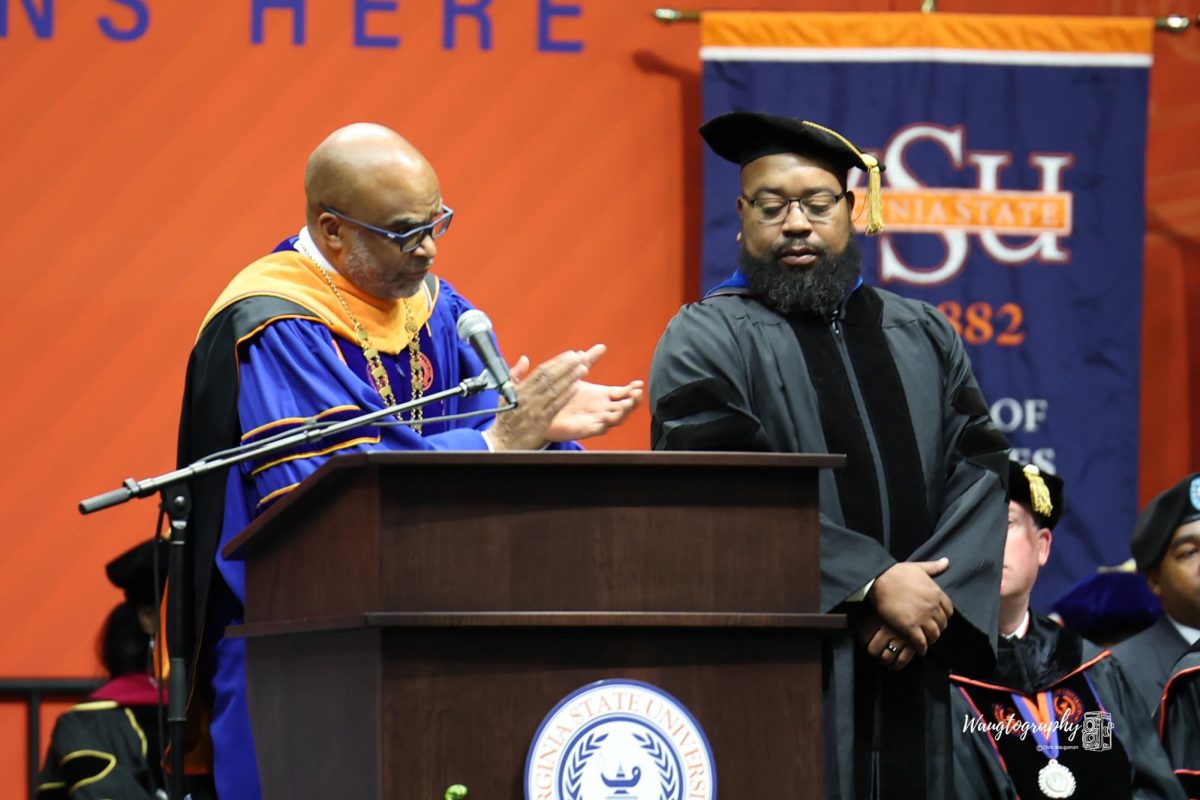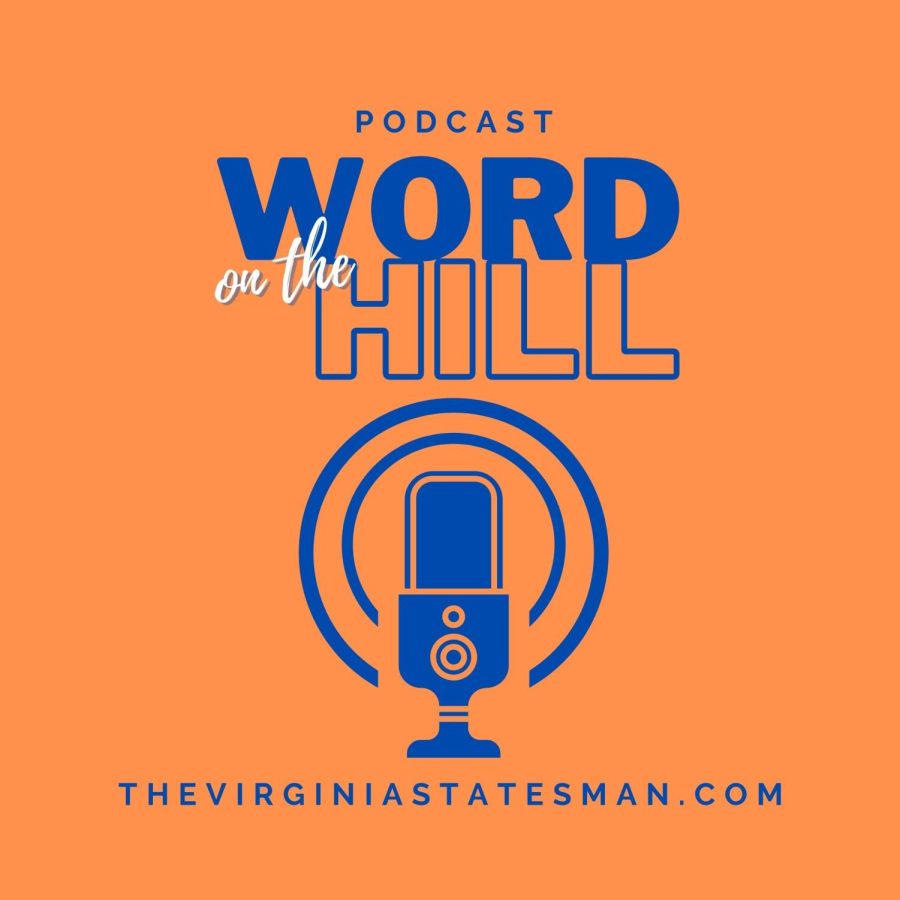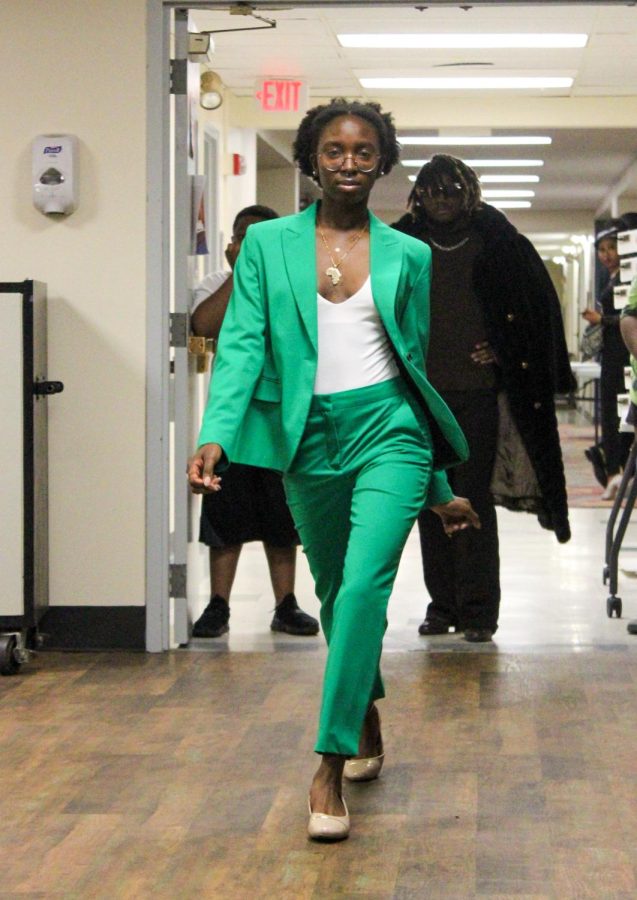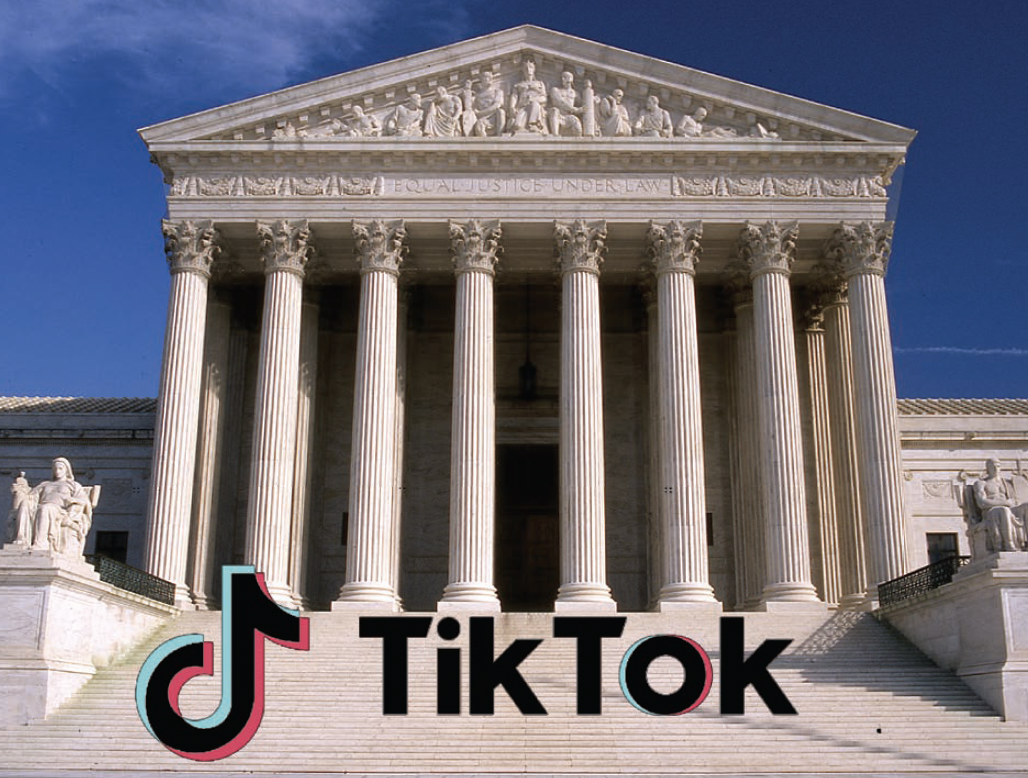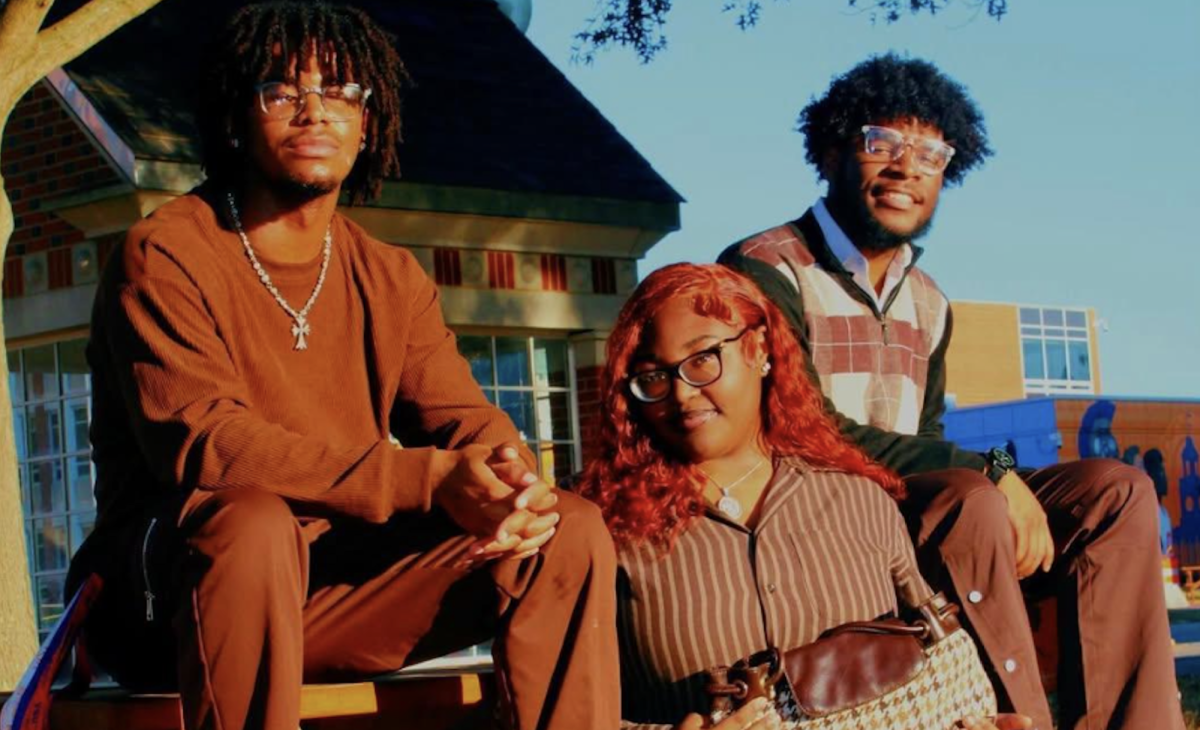On Jan. 17, the Supreme Court delivered a landmark decision, upholding the federal law banning TikTok—a ruling that could reshape the landscape of social media and digital free speech in the United States.
TikTok has become a go-to platform for millions, offering a space for creativity, entertainment, and information. While it may feel like the app has been a staple for years, its recent global ban has sparked widespread frustration among users who rely on it daily.
The effects of TikTok use on college students made an impact where they lose track of academic studies, trying to pay attention in class and not completing school work.
After the potential ban, Amya Wright, a student at Virginia State University still has TikTok on her phone. Wright shared her view on the app and how it is reliable, convenient and mainly used for entertainment.
“I feel like it’s wrong. In my opinion, TikTok doesn’t pose any threat or harm, so I’m not sure why it’s being banned. It is a source of income for many and an outlet for others. I use TikTok for everything,” Wright said.
On Jan. 18, TikTok users in the United States did not have the ability to watch videos, post comments and interact with others. Before the ban took effect, the glitch on the app happened hours before the set date.
Keniah Williams, a student at Virginia State University, did not agree because it interfered with their daily routine.
“I am very sad about the TikTok ban. TikTok serves as an inviting platform where there is a sense of community that I feel other social media platforms lack,” Williams said.
The official TikTok ban went into effect on Jan. 19. Once changes were made TikTok users were prohibited from everything.
On Monday, Jan. 20, President Donald Trump signed an executive order to pause banning TikTok. According to President Trump, he decided to place a 90 day extension on the app.
Wright was relieved when she heard the news about the 90 day extension.
“I was relieved because I was able to still use the app and continue to use it in my daily routine. However, I was sad because when the 90 days are up it will be gone and unavailable on the app store,” Wright said.
Although the extension could possibly be a temporary solution, it does not solve the original concern. In order to have TikTok on the app store after the extension, a U.S. company would have to purchase it.
“I can’t help but to think about those that are going to lose one of their main sources of income once it’s banned,” Wright said. “I use TikTok for entertainment, to create my own content, and even as a search engine.”
From hairstyle inspiration to recipe ideas, TikTok provides unique information and resources that set it apart from other social media platforms.
“Using TikTok has benefited me with my day to day life. However, I have used the app to promote a video for my organization ABSW (Association of Black Social Workers) at VSU. The video we created on TikTok allowed us to spread awareness and educate those in the local community about voting,” Wright said.
There has been a new launch of entertainment called RedNote in place of TikTok. Just days after RedNote’s launch, users are raising concerns over its stringent censorship policies, arguing that the restrictions go beyond what they have previously experienced.
“I absolutely believe people will want to use RedNote to the same extent that they use TikTok. If TikTok is not readily available, RedNote is very similar because of its powerful algorithm and ability to create a personalized feed for users based on their likes and interests,” Williams said.
The RedNote community embraces “TikTok refugees” with the same openness and acceptance as TikTok’s original users.
“Although the apps are completely different they are used for the same reason. Also, there are some who have already started to transition to RedNote,” Wright said.
While RedNote users show no rivalry when discussing TikTok, recent coverage from NBC News has raised concerns, stating that “RedNote poses more of a threat to security and privacy than TikTok.”
Many are frustrated over the potential TikTok ban, arguing that it offers a unique experience compared to Instagram, Facebook and Twitter. They highlight its broad reach and seamless ability to connect users across the globe.
“The feed is tailored very specifically to the interests of the user, and it is able to bring people together positively by encouraging interaction with people that you already know and regular users,” Williams said.
Its influence extends beyond entertainment, shaping trends, careers, and even political movements worldwide. Whether banned or not, TikTok’s cultural imprint is undeniable, leaving a lasting impact on digital communication and global connectivity.

